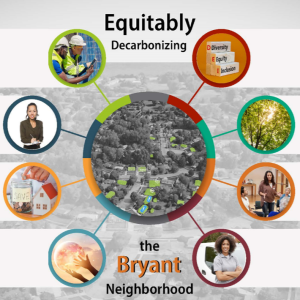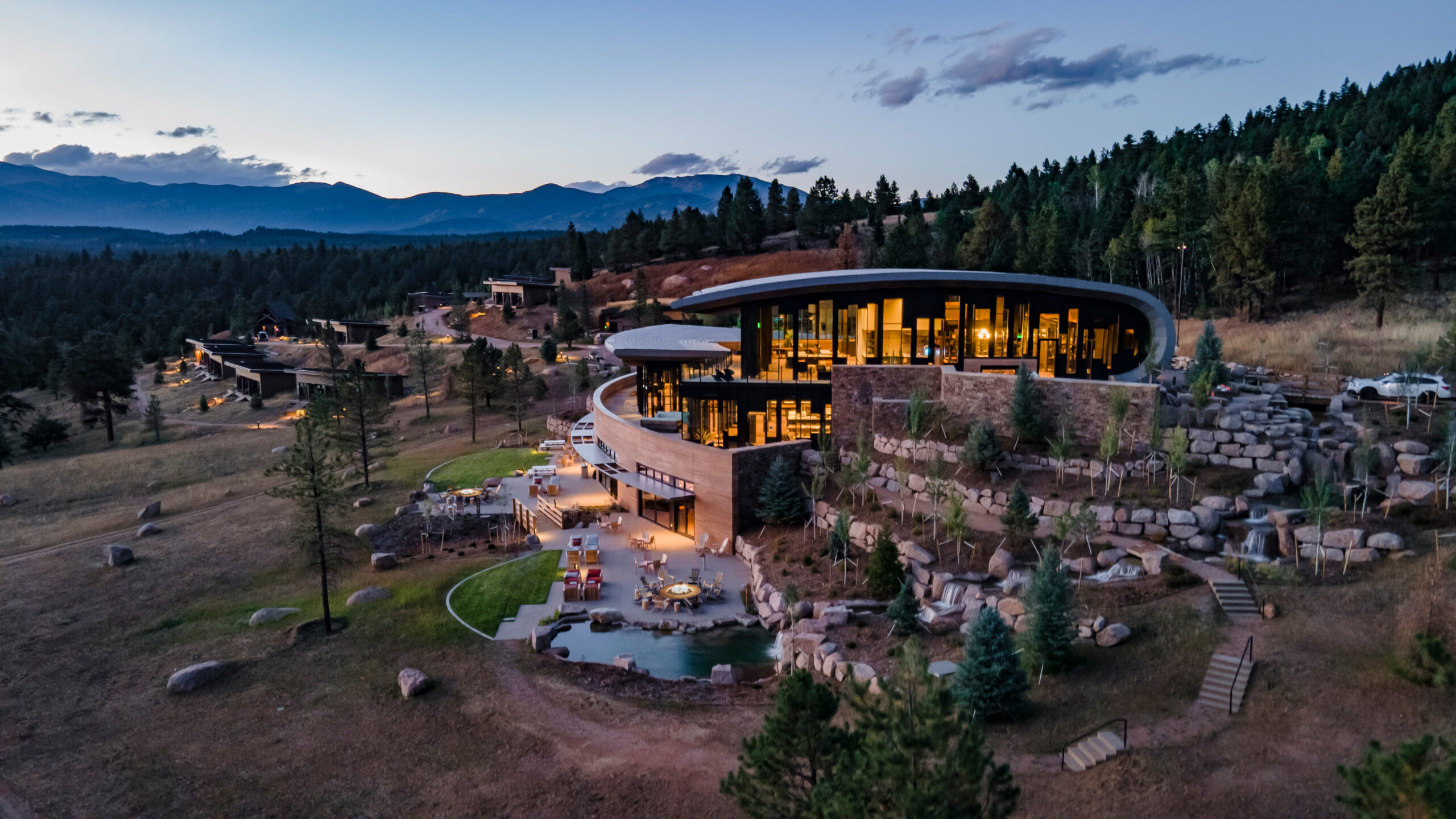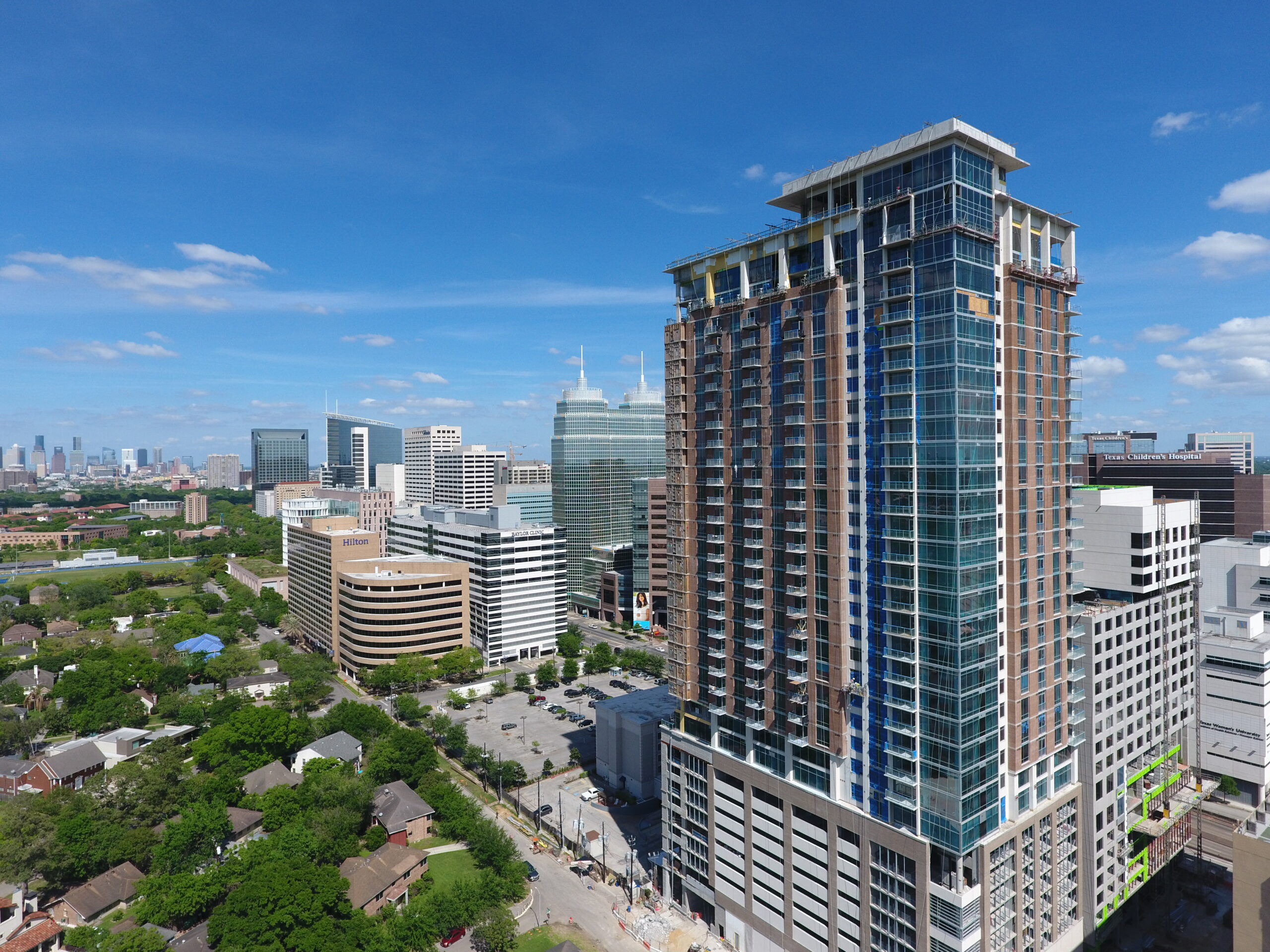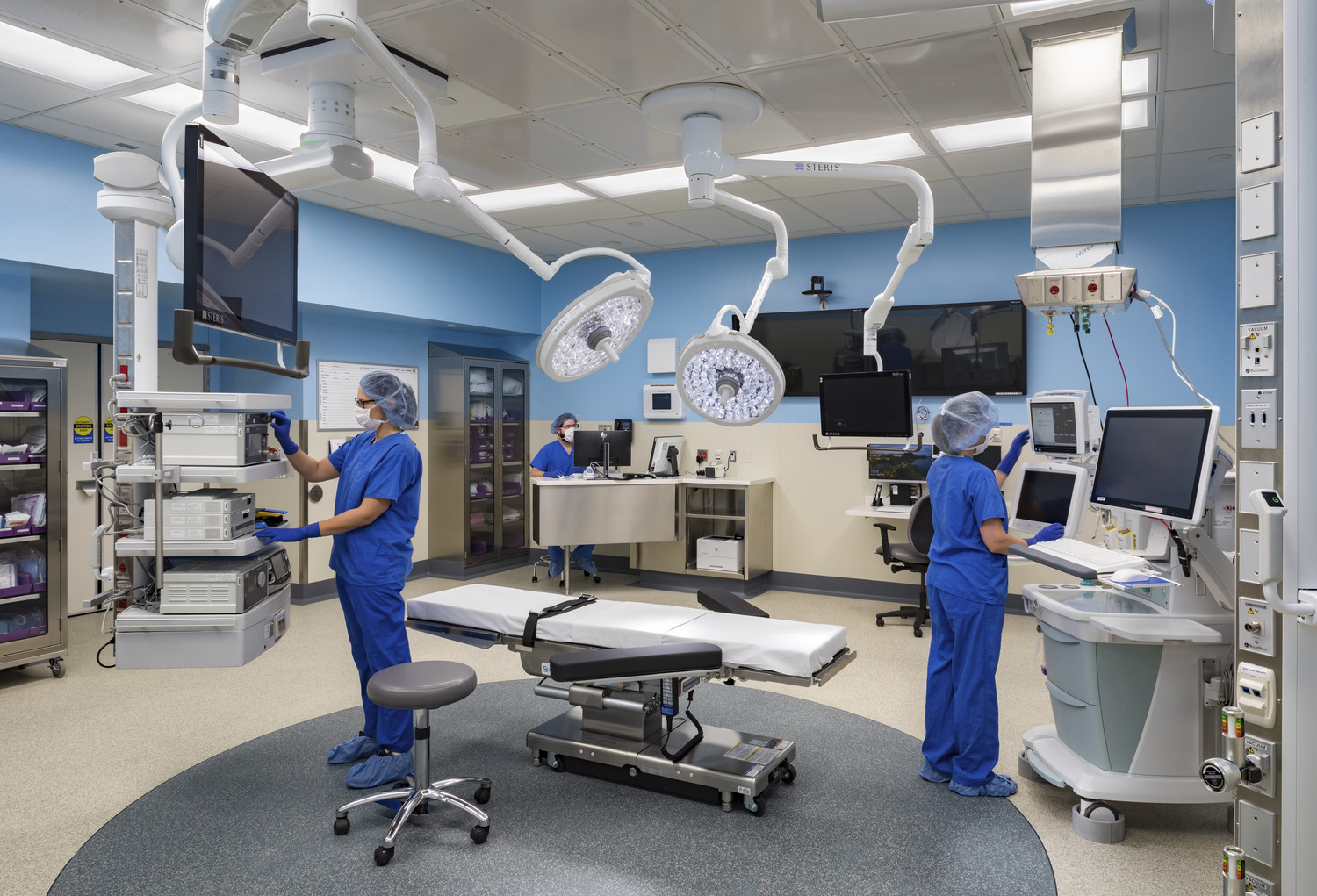IMEG leading design of DOE-funded community geothermal project

IMEG is leading the design of a community-scale geothermal system for the City of Ann Arbor, MI, one of five similar projects selected and funded by the U.S. Department of Energy’s (DOE) Geothermal Technologies Office.
The Ann Arbor project focuses on the city’s Bryant neighborhood, an underserved, energy-burdened community of 262 households, 75 percent of which are considered low-income; over 50 percent of residents are minorities and 50 percent are renters. The neighborhood is directly adjacent to the city’s capped landfill and a busy highway system. Prone to flooding and with extremely low tree canopy coverage, the neighborhood also lacks natural system amenities largely enjoyed in all other areas of the city.
The project will create a community-scale geothermal system that covers at least 75% of the heating and cooling load for all 262 households as well as for a local school, a county community mental health service center, and the City of Ann Arbor’s public works facility. The system will directly lower the neighborhood’s greenhouse gas emissions by 40%, significantly improve indoor air quality, eliminate the energy burden for low-income residents, and enhance year-round comfort.
The project team is led by the City of Ann Arbor and consists of 14 entities including community organizations, mental health providers, the public school district, utility providers, and workforce development and training organizations. Also on the team are several firms skilled at geothermal analysis and design and which are being led by Adam McMillen, IMEG’s Director of Sustainability. Technologies will include a looped geothermal system, rooftop solar, and household electrification, along with energy efficiency improvements.
“Expanding the uses of clean energy and decarbonizing our communities is a vital component of addressing climate change and its effects on the population,” says McMillen. “At-risk communities in particular are at great risk of the health-related consequences of the worsening environment and the ever-rising cost of energy. This project addresses both inequities.”
In phase 1 of the project—also funded by the DOE—the team developed a conceptual design, coordinated with city and residents, and worked with local contractors to develop a working economic model for the approach. The team also developed a plan to scale the system and the workforce to adjacent neighborhoods and across the city to support greater adoption of geothermal and other decarbonization technologies. For the phase 2 deployment of the system, the City of Ann Arbor received a $10.8 million grant from the DOE. The City will finance another $11.1 million toward the cost of the project, which is expected to be operational in 2028.
“IMEG is excited to be a part of this groundbreaking, collaborative project,” says McMillen. “Its design and construction will serve as a model of what can be done to effect substantive energy and environmental solutions to improve all kinds of communities.”
For more information:






